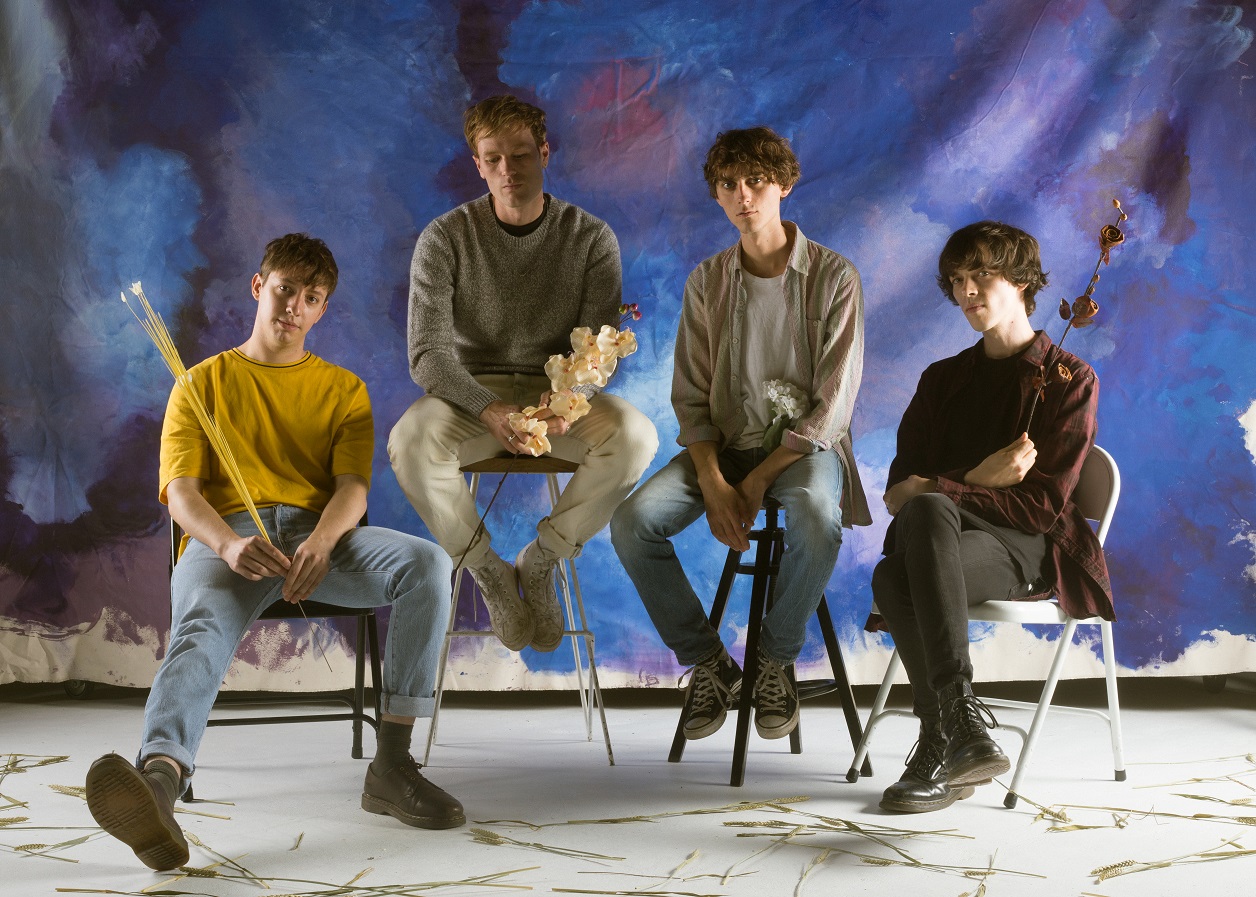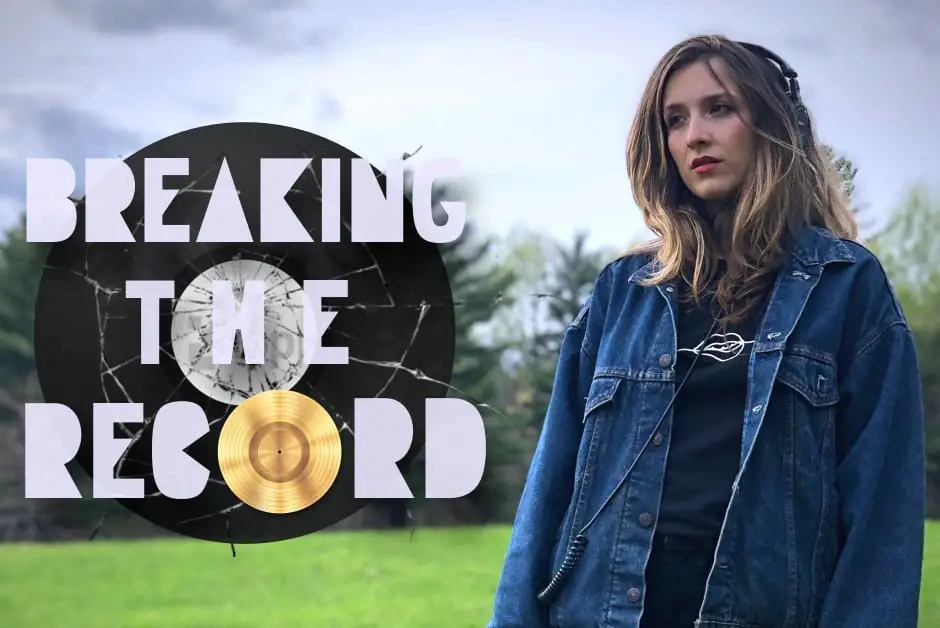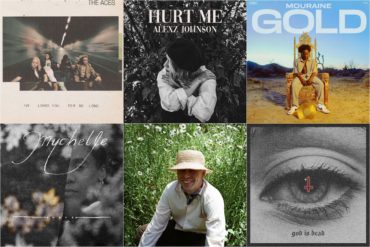Throughout the year, Atwood Magazine invites members of the music industry to participate in a series of essays reflecting on identity, music, culture, inclusion, and more.
•• •• •• ••
Today, artist manager and the founding partner of Artist Vision, Katherine DePaul, shares her essay, “The School of Bread and Roses,” about her experience working with renowned musician Judy Collins and how Judy’s mindset and approach to her day-to-day led to her legacy status, as a part of Atwood Magazine’s Women’s History Month series.
•• ••
“THE SCHOOL OF BREAD AND ROSES: JUDY COLLINS”

by Katherine DePaul
•• ••
While speaking on a music management panel last month, I realized that I had acquired countless stories and methodologies to help artists and to grow their careers, but where did it all come from?
Did I learn from doing? Reading the great industry music books? Speaking to my peers? Attending conferences? All “yes” to a certain extent, but I kept coming back to one key influence; much of what I do in my management life is a direct offshoot of an ongoing 20-plus year surprise partnership with Judy Collins.
We have had numerous interns over the years in our Artist Vision management office.
Many of them have passed through some of the most prominent music universities in hip music meccas like NYC, Nashville and Oslo – all specializing in music business and artist management. It always makes me smile to reflect on my own nontraditional and ever continuing music education: Judy Collins
At first, I was unaware that I signed on for this lifelong mentorship; the lessons creep into my everyday life and carry through each day as I interact with new and evolving artists all wanting practical guidance to help them develop and grow. The only practical item I can share is self-discipline, the kind of Olympic athletes. Collins, in her mid 80s, can give any emerging artist a run for his/hers or their money in terms of pure energy, dedication, wellness, and routine. Seeing Collins’ tour schedule over the years would send many a social media influencer diving into their cold plunge and recalibrating their daily fast. Not only does she make exercise a daily priority, but she has also constructed a schedule that allows her to rest as well as perform. Wellness is part of her everyday life and impacts all aspects of her six-decade career. It is her fountain of youth. I don’t need to say more here, Collins herself has written many books on this topic that better recap her rigorous routine and are a far more eloquent and useful guide.
The main linchpin I can share with an artist starting down a career path, is to make it your own. Collins has always been creatively daring and marched to her own beat. From her pinnacle album Wildflowers, to the creation of her own record label which bridged the gap of lackluster commercial label support. Recently, Collins’ most recent work Spellbound garnered a Grammy Nomination in 2023 for Best Folk Album.
Wildflowers is one of the first orchestral pop albums of the 1960s – it not only was groundbreaking, but it was the tapestry that fused together the emerging folk-rock area launching the careers of Joni Mitchell and Leonard Cohen and was a top selling album for Elektra Records.
This album was a milestone in Judy’s career because it featured her first three original compositions, “Since You Asked,” “Sky Fell,” and “Albatross.” “Since You Asked” was written in response to a formative moment in 1966 when Leonard Cohen made a special trip to Judy’s apartment to play her his song, “Suzanne”. While there, he asked her why she wasn’t writing her own songs. That very day, Judy sat down at her Steinway and wrote her very first song, “Since You’ve Asked.” In addition to these originals, Judy curated a stunning collection featuring songs by not-yet household names such as Joni Mitchell—her version of “Both Sides, Now” was a Top 10 hit—and Leonard Cohen, including the song “Priests” which Leonard never recorded, along with adventurous selections by Jacques Brel and Francesco Landini.
We skip forward to her 2023 and Collins’ 55th album release –Spellbound. The 13 song album is a special entry in her oeuvre. It marks the first time ever she wrote all the songs on one of her albums. The album features 12 recently written modern folk songs, and a bonus track of her evergreen, “The Blizzard.” Spellbound is an introspective and impressionistic album. It unfolds as if Judy curated a museum exhibit of her life and welcomed us into a retrospective of her most formative moments, some big and public, and some intensely personal and intimate.
In between these two key albums was an outpouring of art and many tremendous releases – Hard Times for Lovers, Portrait of An American Girl, Bohemian, Silver Skies Blue (Collins was also nominated for best Folk Grammy in 2015 along with Ari Hest for this release), just to name just a few. It’s in this time where Collins embraced the changing climate of the music business (circa 2000s). She and I launched a label called Wildflower Records, to help navigate and thrive in the industry where many of the larger labels were putting their artists who built the foundation of the companies out to pasture. During this time, the label’s work garnered Grammy nominations, an Emmy nomination, Collins´ first number 1 Billboard position and freedom that comes from self-reliance. This ability to stay true to one’s own artistic calling helped Collins maintain an active fanbase and continue to tour – over 85 shows this year including the UK, Australia and US and will be sharing stages with artists like Graham Nash, Rufus Wainwright and The Indigo Girls.
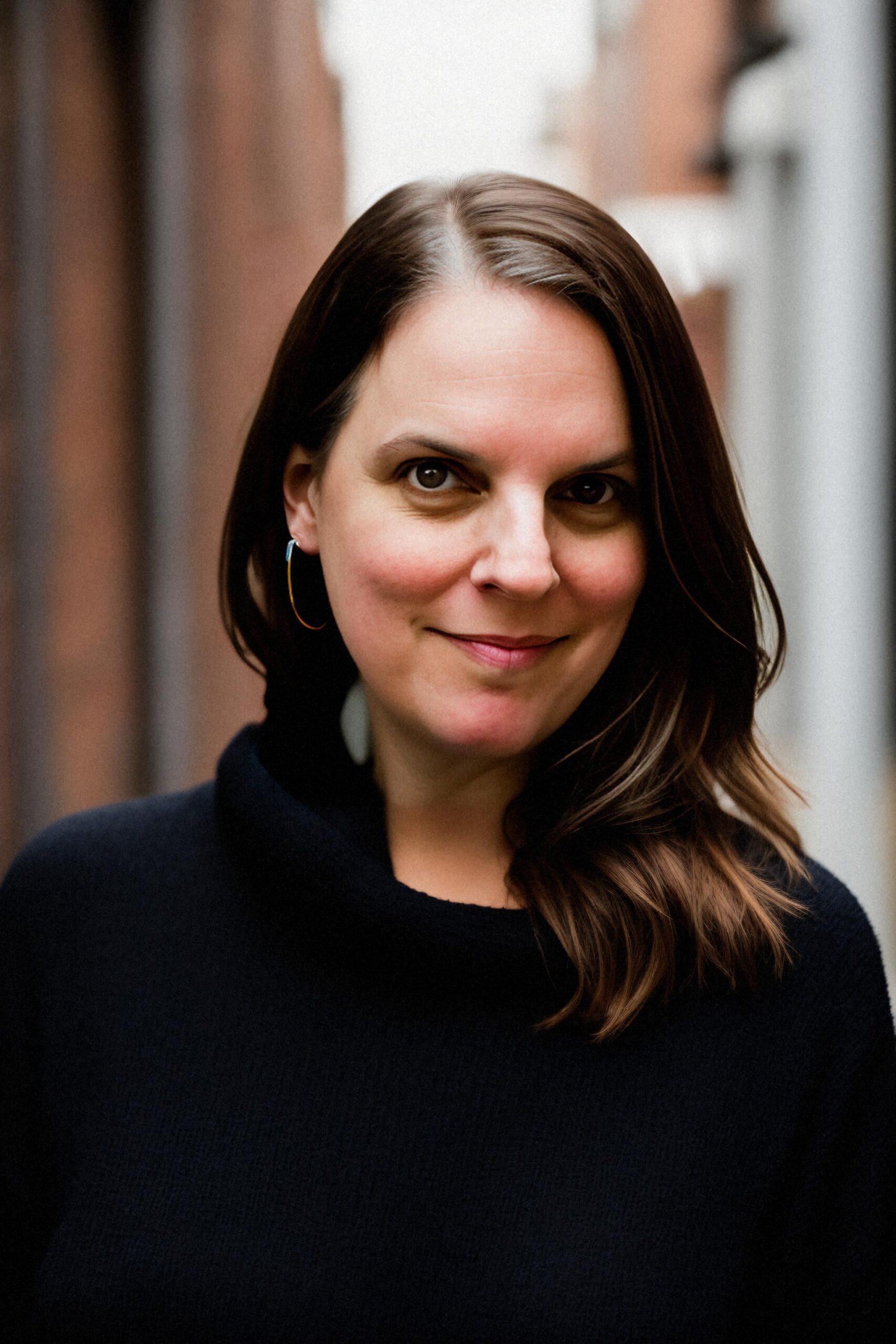
The moments between the 1960s and present day for Collins are where the daily structure of self-discipline and being true to one’s artistic nature come in handy.
It helps one get through the multiple ebbs and tides of all careers and thrive through all that life throws at an artist. These two key elements allow one to make decisions easily about priorities in both one`s personal and professional life. Most importantly, it allows one to stay true to one’s own nature. In the month of March that we celebrate Women, I am eternally grateful that I have learned from the best master class – Judy Collins. I hope that I can share a fraction of this knowledge with the next generation of women artists. – Katherine DePaul
As we go marching, marching
In the beauty of the day
A million darkened kitchens
A thousand mill lofts gray
Are touched with all the radiance
That a sudden sun discloses
For the people hear us singing
Bread and roses, bread and roses
As we go marching, marching
We battle too for men
For they are women’s children
And we mother them again
Our lives shall not be sweetened
From birth until life closes
Hearts starve as well as bodies
Give us bread, but give us roses
As we go marching, marching
Unnumbered women dead
Go crying through our singing
Their ancient call for bread
Small art and love and beauty
Their drudging spirits knew
Yes, it is bread we fight for
But we fight for roses too
As we go marching, marching
We bring the greater days
For the rising of the women
Means the rising of the race
No more the drudge and idler
Tender toil where one reposes
But the sharing of lives glories
Bread and roses, bread and roses
(Bread and roses, bread and roses)
Our lives shall not be sweated
From birth until life closes
Hearts starve as well as bodies
Bread and roses, bread and roses
– “Bread and Roses,” Judy Collins
poem by James Oppenheim
music by Mimi Farina
— —
:: connect with Artist Vision here ::
Stream: “Bread and Roses” – Judy Collins
— — — —

Connect to Katherine DePaul on
Email, LinkedIn, X, Instagram
Discover new music on Atwood Magazine
© courtesy of Katherine DePaul

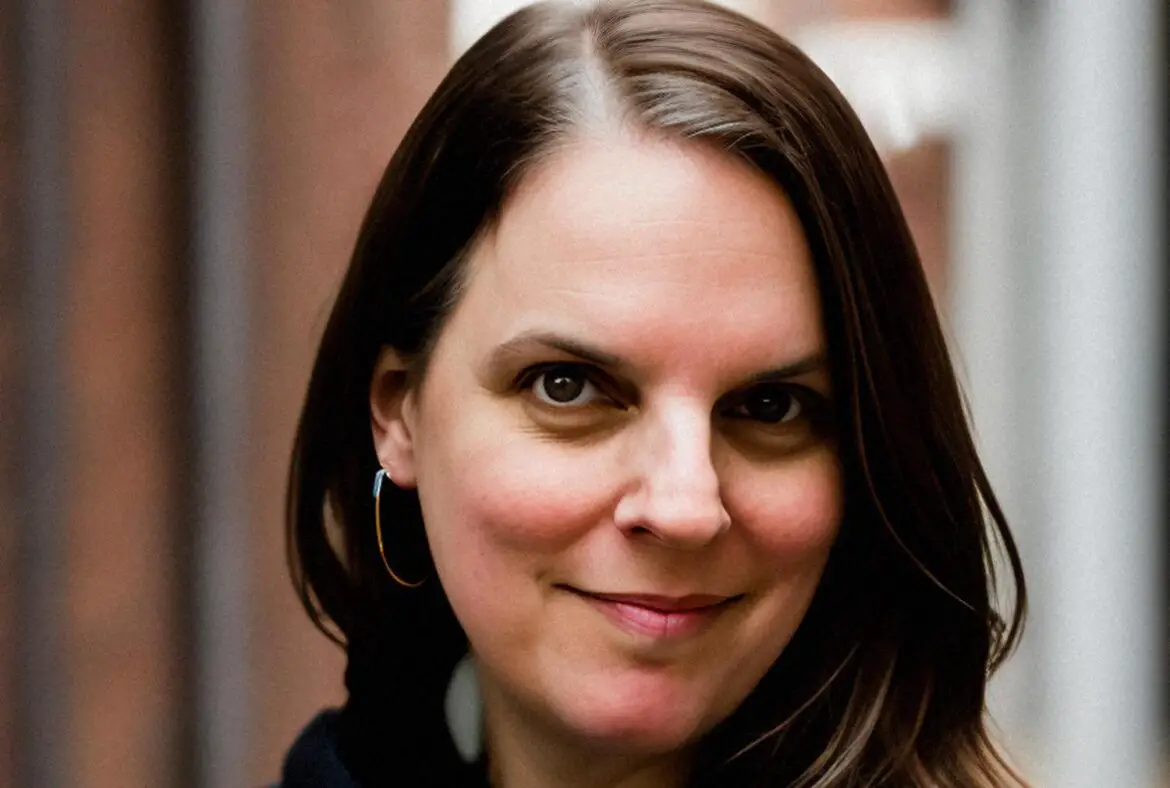
 © courtesy of Katherine DePaul
© courtesy of Katherine DePaul


